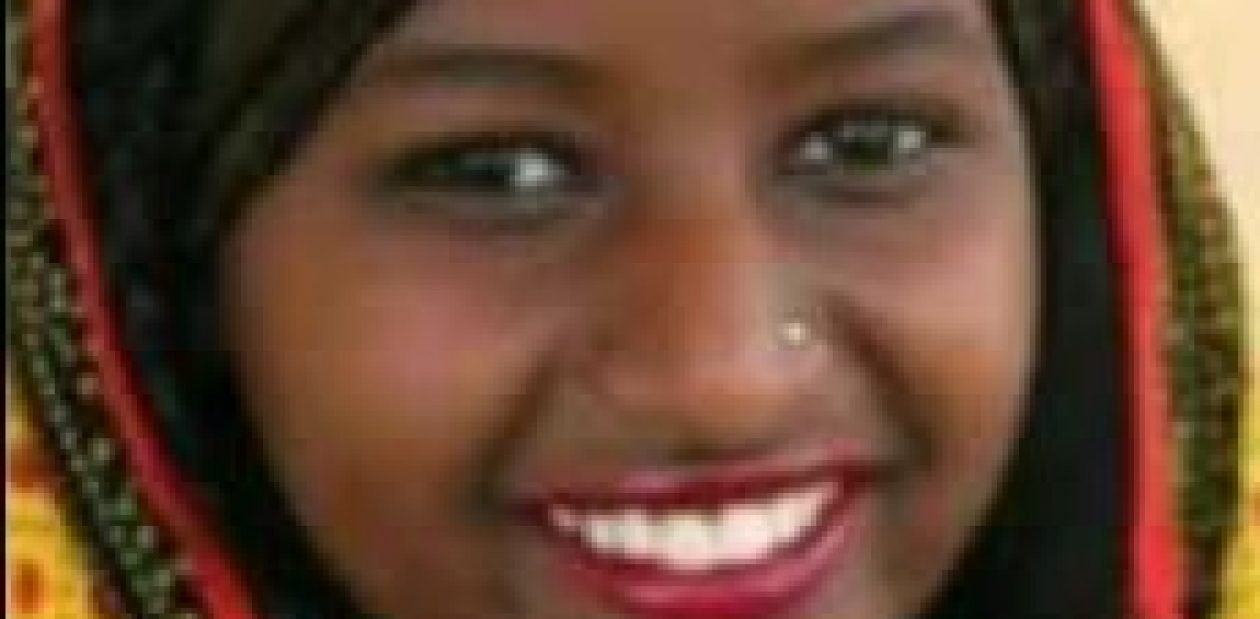Addis Ababa, Ethiopia – Ahmed, 20 years old, weakly sits down in a chair under the hot sun, dazed, as young men and women jostle in the yard around him. He has just been deported from Saudi Arabia after a month-long imprisonment, like the others at this crowded migrant transit center in Ethiopia’s capital.
![]()
But Ahmed’s ordeal is unique. He bears fresh scars across his knees, down his upper arms, and across his stomach. With a medical investigation by an Ethiopian doctor still ongoing, preliminary results show so far that Ahmed is missing his left kidney.
His short-term memory fails him. Ahmed, who comes from Ethiopia’s central Amhara region, does remember paying a couple hundred dollars to human smugglers for the dangerous, illegal passage to Djibouti, across the sea to Yemen, and north to Saudi Arabia.
He worked for a year and a half as a carpenter in Riyadh, living with other Ethiopian migrants and sending home meagre wages to his impoverished family.
Three months ago Ahmed recalls waking up in a Riyadh hospital room with jagged wounds crisscrossing his body, but with no recollection about how he got them, or how he got there. Promptly transferred to an overcrowded Riyadh prison because of his illegal immigration status, Ahmed was finally deported home by plane a few weeks ago. He is waiting to hear the doctor’s final prognosis before he returns to his village, a sickly version of his former self.
‘Coming back empty-handed’
“It’s not just the return, it’s also the effect of what happens after,” explained Sara Hamo, a protection officer with the International Organisation of Migration (IOM) in Addis Ababa, about the thousands of deportees. “They are coming back empty-handed. They used to supply money and now they are a burden on the families they used to provide for. So the return is just the beginning.”
While accounts like Ahmed’s missing kidney are rare, many Ethiopians at the migrant transit centre talked about torture in ad-hoc detention centres run by traffickers, most often for ransom, as well as beatings, sex abuse, gruelling work hours and wages withheld by Saudi employers.
Bereket Feleke, a health ministry official, said respiratory tract infections were the most common ailment returnees suffer, which they get from being held for weeks in overcrowded and filthy detention centres before deportation.

Ethiopian women and girls, often recruited by employment agencies as domestic workers, fly to Saudi Arabia and are legally bound to their employers, who withhold their passports. If the workers break their contract – willingly or forced – their status becomes illegal. A similar system of employee “sponsorship”, known askafala, exists across many of the Gulf states. But many more Ethiopian migrants in Saudi Arabia are smuggled in, further increasing their vulnerability for exploitation.
Travel ban
Because of widespread abuse, the Ethiopian government has issued a temporary travel ban on domestic workers while it works on a protection law. Critics say this could encourage more illegal migration.
Last November, the kingdom’s authorities enforced strict labour laws governing foreign workers after a seven-month reprieve, spurred partly by the potential security threat of thousands of unemployed Saudi youth. And Saudi Arabian vigilante groups in Riyadh, armed with clubs and machetes, brutally attacked Ethiopian migrants in November, prompting tens of thousands of the workers to turn themselves in to the kingdom’s authorities out of fear.
The police arrested Abigail. Without her passport and valid working papers, she was imprisoned and deported. “There is an anger within the Ethiopian population,“ said Temesgen Deressa, a guest scholar with the Africa Growth Initiative at the Brookings Institute. “They have been targeted – killed, or tortured and dehumanised.”
“In terms of the whole economy, the remittances might not be significant, but the returnees’ families are going to be hard-hit,” he said. “There is a high level of poverty in Ethiopia, and I don’t think the Ethiopian government has the capacity for rehabilitation. Basically, the returnees will have a very hard time.”
Source : Aljazeera
